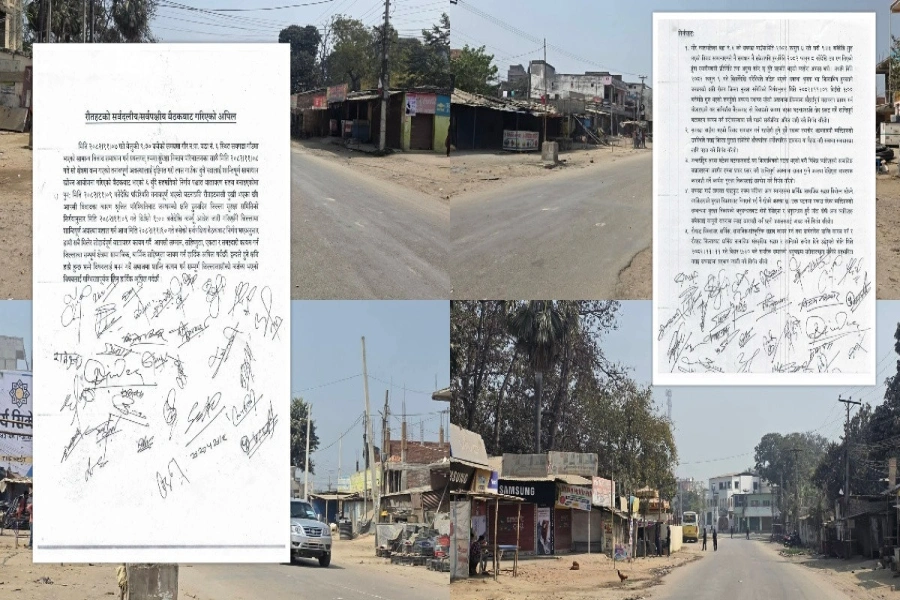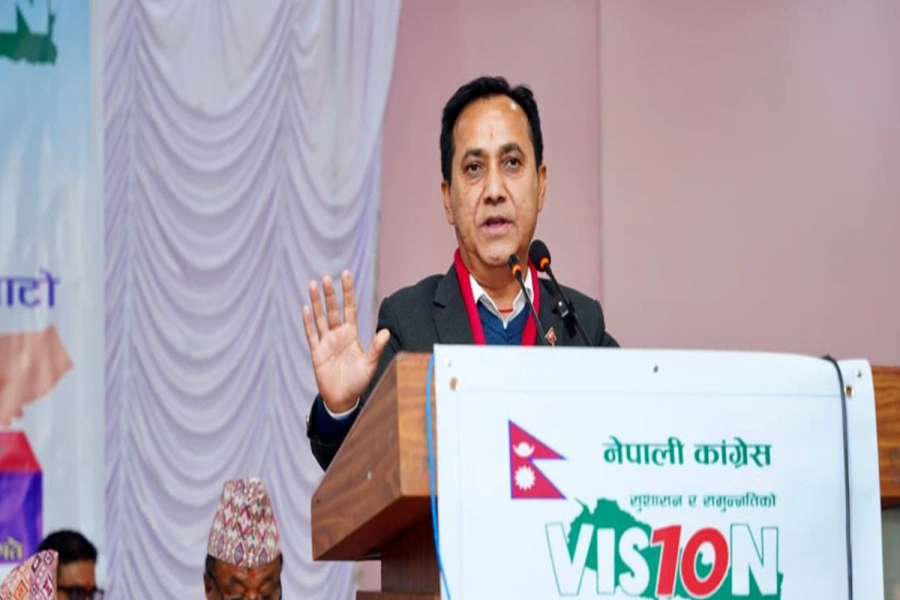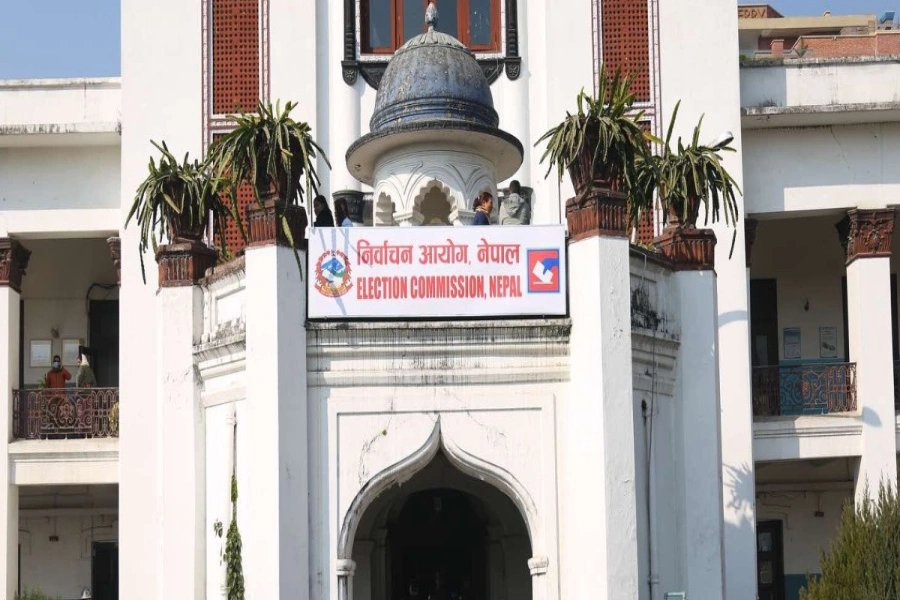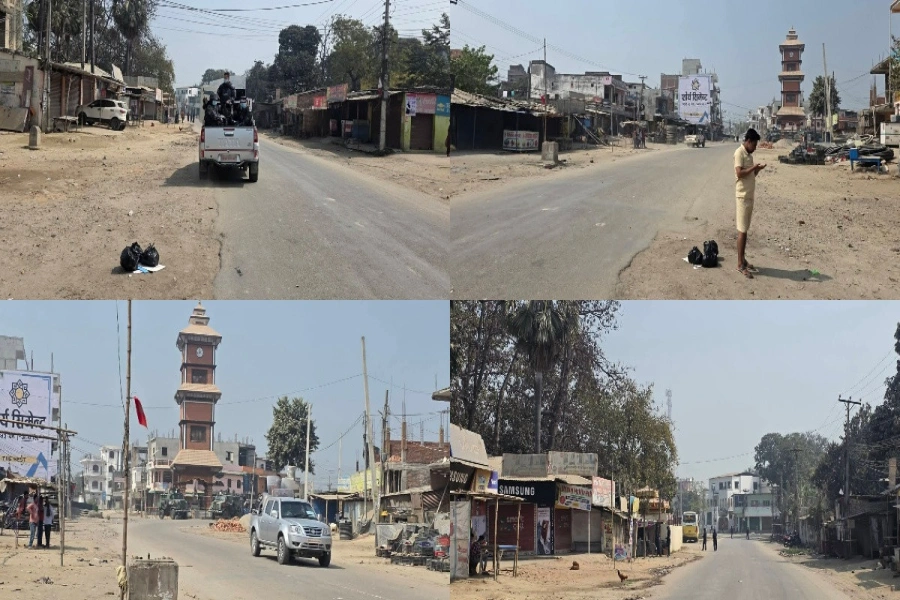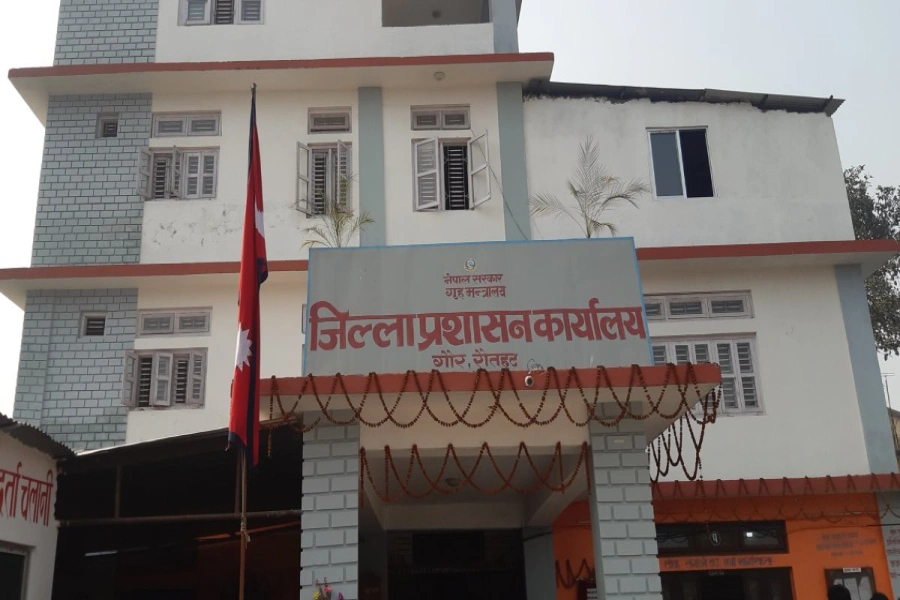Nepal continues seeing an unprecedented surge in remittances, which has been a key revenue source to keep the country’s economy afloat. According to Nepal Rastra Bank, the country received remittances amounting to Rs 521.63 billion in the first four months of the current Fiscal Year (FY) 2024/25. This marks the increase of remittance inflows by 9.1 percent during this period, taking the total amount to USD 3.87 billion. Although the increase in the remittance inflow is relatively lower as compared to the same period last FY, the overall amount of the remittance inflow is on the increasing trajectory. While the immediate benefit for the country’s overall macroeconomic stability is understandable, it is crucial to ensure that the inflow is sustainable and the amount received in the form of remittance is utilized in the productive sector. Remittances, which constitute around 23% of Nepal's GDP, have become a significant lifeline for many families across the country. However, redirecting this windfall into productive sectors is equally important. This will eventually help generate employment at home and make the economy resilient despite external economic shocks. It is high time the government bodies concerned to take appropriate policy measures to redirect the inflow of foreign currencies towards sustainable investments within the country.
One of the main reasons that is fueling the steady inflow of remittance is the growing number of Nepali nationals going abroad in search of jobs. As this trend is causing Nepal to lose the demographic dividend it has, we must focus on employment generation and domestic job creation for the well-being of people and the country. The creation of a conducive environment for entrepreneurship, bolstering of existing industries and promoting new sectors will not only absorb the returning migrant workforce but also stop the exodus of Nepali youths to abroad. The government must formulate policies that encourage investment in key sectors such as agriculture, manufacturing and technology. Reducing our dependence on remittances is vital for shielding our economy against external shocks, as exemplified by the adverse impact of the COVID-19 pandemic a few years ago. It is important to recognize the fact that a diversified economy, with a reduced dependency on remittances, can withstand such shocks and ensure the welfare of its citizens even during such adversity. Such measures will also help reduce the ballooning trade deficit and ensure the country’s macroeconomic stability even in such troubled times.
Take measures to channelize remittance to productive sectors

While it is positive to see steady growth of remittance and record-high foreign currency reserves, it is important to recognize the fact that diversified sources of income are key to a thriving country’s economy. The government and the country’s central bank must play a proactive role in formulating policies that facilitate channelizing remittances into productive sectors to ensure sustainable economic growth and make the economy resilient to external shocks such as COVID-19 pandemic. One of the ways to do so could be to devise policies that check excess consumerism based on imported goods. The government can also consider utilizing remittance for social and economic infrastructures. The policy measures that channelizes the remittance in the productive sectors will not only bolster the country’s real GDP, but will also help generate employment opportunities at home.





